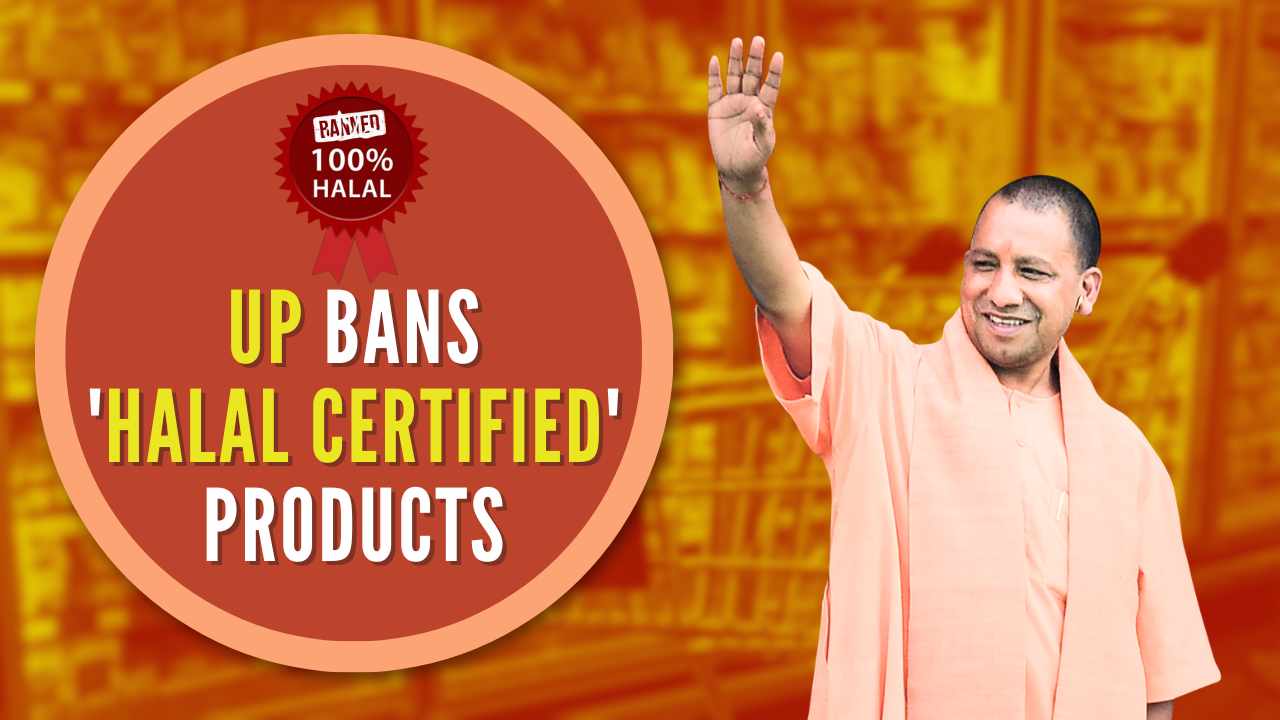December 3, 2023
Uttar Pradesh’s Ban on Halal-Certified Edible Items: An Overview

Understanding Halal and its Significance
- In recent developments, the Uttar Pradesh government has taken a significant step by imposing a ban on the production, storage, distribution, and sale of halal-certified edible items. This decision delves into the intricacies of Halal, its definition, and its relevance in the food industry.
Defining Halal
- In Arabic, ‘Halal’ translates to ‘permissible’ in English, representing a set of guidelines adhering to Islamic Law. This includes specific criteria for slaughter methods and adherence to purity.
Criteria and Labeling
- Halal food must comply with Islamic Law, which generally considers vegetarian food as Halal unless it contains forbidden substances like alcohol. Products claiming Halal status are mandated to visibly display this on their labels.
Halal Certification and Controversies
- The move to ban halal-certified items raises discussions surrounding the purpose of certification, the bodies involved, and the controversies it has sparked.
Purpose and Certification Bodies
- Halal certification serves to ensure food preparation aligns with Islamic law and remains uncontaminated. Various private entities in India offer Halal certification, some government-recognized, while others are not.
Controversies and Legal Aspects
- Debates focus on the legality of certificate-issuing authorities, allegations of religious targeting, and concerns about legality and religious sensitivity.
Halal Certification System in India
Examining the system’s structure, accreditation, and its implications, especially in the context of international trade and government regulations.
Certification Agencies and Government Accreditation
- Numerous agencies provide Halal certification, accredited by bodies like the National Accreditation Board for Certification Bodies under the Quality Council of India.
Regulatory Framework and Implications
- DGFT guidelines mandate certification from accredited bodies for the export of ‘halal certified’ meat and products. The government’s ‘India Conformity Assessment Scheme’ aims to regulate this process.
Implications of the Ban and Conclusion
- The ban aims to address quality standards’ confusion, curb forged certification, and navigate potential economic and security concerns. It emphasizes the intricate intersection between food safety regulations, religious practices, and commercial interests. This decision underscores the necessity for a balanced approach in handling such multifaceted issues, considering societal, economic, and regulatory aspects.
January 20, 2025
January 14, 2025
January 7, 2025
